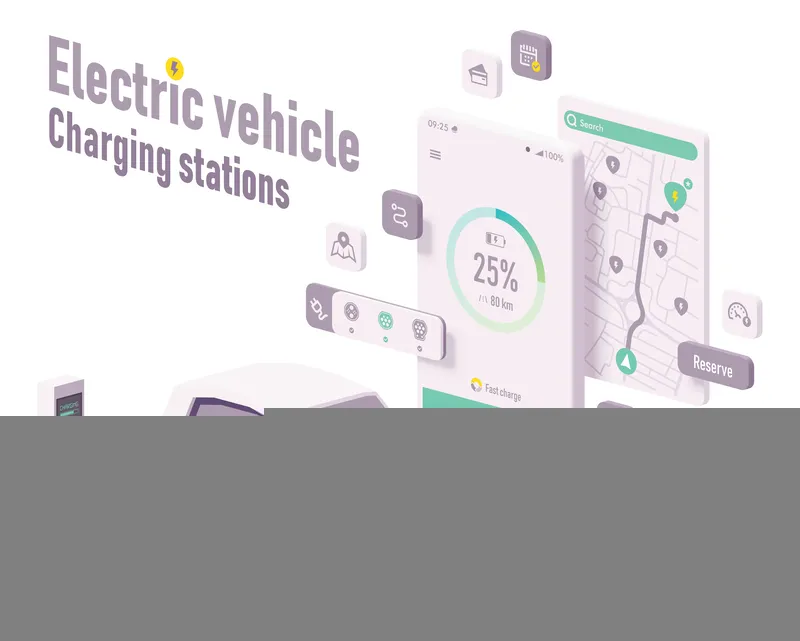The Renault-Nissan Alliance and Transdev have agreed to jointly explore development of mobility services with fleets of electric driverless vehicles for public and on-demand transportation. The companies will collaborate to develop a comprehensive, modular transportation system to enable clients to book rides, and mobility operators to monitor and operate self-driving car fleets.
March 1, 2017
Read time: 1 min
The
The companies will collaborate to develop a comprehensive, modular transportation system to enable clients to book rides, and mobility operators to monitor and operate self-driving car fleets.
The research will initially include field tests in Paris-Saclay with Renault ZOEs, the leading electric vehicle in Europe, and Transdev’s on-demand dispatch, supervision and routing platform.








